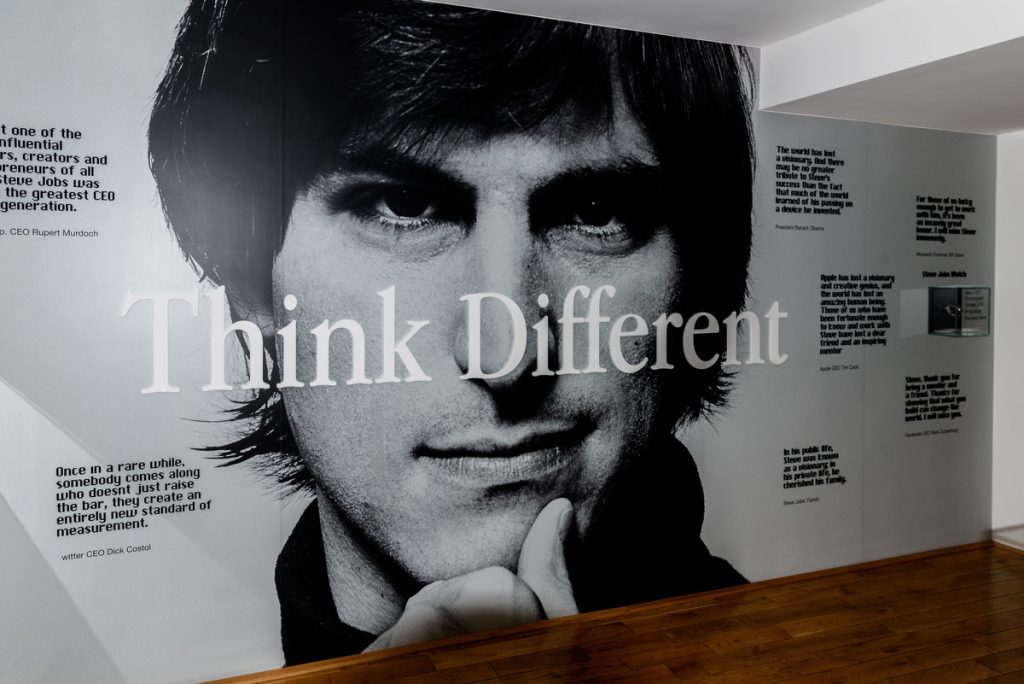
Steve Jobs understood something about marketing. And it gave him a huge competitive advantage. Today, I’m going to share that advantage with you!
It’s really simple to understand. It’s easy to deploy. It can save you an absolute fortune and also dramatically improve your results.
It starts with this age-old business adage.
There’s often a very big difference between what people say and what they actually do.
Allow me to explain
Talk is not cheap
I spoke with a business owner last year, who had recently surveyed his newsletter readers. He wanted to know if they’d be willing to pay for a premium version of his most popular service. He accurately described the service, including the fee.
Here’s what happened.
- 78 of his subscribers took time to respond.
- 73 of them saying they would “happily pay for the service when it became available”.
- With 73 people happy to pay for his new service, he built it and launched it.
- However, despite what they said, just 8 of them actually signed up.
He estimates that he lost almost $40000 on the project.
Steve Jobs understood this better than any of his competitors
Sure, it’s important for us to listen to what our marketplace is saying. But when we listen, we need to do so through a filter.
We need to understand that in many cases, people will tell us.
- Things they think we want to hear.
- Things they think will make them look smart.
- Things they think will make them look loyal.
This is why Steve Jobs shunned focus groups. He learned that people in focus groups tended to say things in order to look good. He found their feedback to be not only of little real value, but potentially misleading. That’s a dangerous mix, as my previous example demonstrated.
Whilst we need to listen to what people say. We tend to make massively better decisions when we watch what people do.

Early birds
This is why entrepreneurial business owners sometimes offer an early bird discount when they launch something new. For a short period of time, they offer the new product or service at a reduced rate. They do this, primarily to measure what kind of genuine interest there is.
Here’s why.
- If the marketplace is eagerly buying, the business owner knows there’s a significant demand. At least, at the early bird price.
- However, if the marketplace isn’t interested, even at the reduced price, then something is wrong.
Maybe the marketing needs to improve. Perhaps the product/service itself needs more value pumped into it. And it’s possible that both those areas need to significantly improve before the actual launch.
That kind of real-world feedback provides information you can make decisions on, with far greater confidence than feedback from a survey.
In short, a survey can be useful. But actions speak louder than words, and they speak with a lot more honesty, too.
Image credit: Shutterstock.
The small business owners I work with enjoy far more sales, attract better clients and grow amazing businesses.
If you want the same, here’s exactly how it happens.